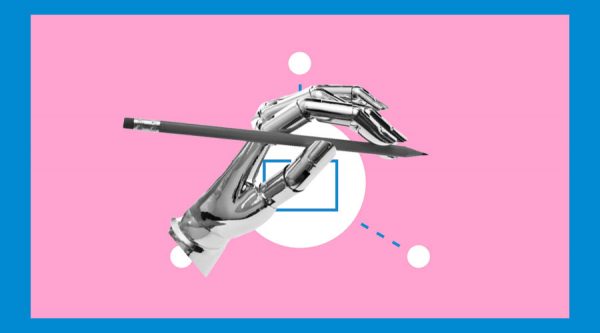A plethora of inventive models showcasing the creativity of students from various universities and colleges were on display at the exhibition organized by the innovation cell of the Council of Science & Technology (CST), under the CST UP Engineering Project Grant Scheme 2023-24, at the Indira Gandhi Planetarium, Vigyan Bhawan here on Saturday. These models ranged from a smart traveling assistant for the visually impaired to a solar-powered tricycle for the specially-abled and gas leakage detection system.
To assist the blind in their daily lives, students at Harcourt Butler Technical University in Kanpur have created a “smart traveling assistance” that runs on artificial intelligence. (HT) Harcourt Butler Technical University, Kanpur students have created a “smart traveling assistance” that uses artificial intelligence to assist blind people in their daily lives. (HT) Used batteries can be put to new uses.
Six friends have discovered a method for recycling spent battery lithium to create new ones. “We created a fresh battery by removing the lithium from an old battery. The six members of the group, Agrim Mohan Yadav, 21, Krishna Nand Mishra, 22, Prerit Singh, 22, Shikha, 21, Utkarsh Pandey, 22, and Watan Prakash, 22, stated, “We used green solvent instead of the conventional solvent which is more hazardous in the process.” The first-place team from the Institute of Engineering & Technology, Lucknow also received a ₹1 lakh cash reward.
‘Kala Chashma’ for the blind powered by AI
To assist the blind in their daily lives, students at Harcourt Butler Technical University in Kanpur have created a “smart traveling assistance” that runs on artificial intelligence. “Once activated, the sunglasses will provide instructions to the wearer via a headphone attached to the ears in the event that something unexpected is encountered on the ground,” stated Abhishek Maurya, who co-developed the “Drishti” sunglasses with his three friends Ashwani Yadav, Sachin Tewari, and Saurabh. They took home the second place and a ₹75,000 cash reward.
“The technology makes use of a see-through camera that resembles an eye. Thus, the students explained, it first takes a picture of the object, measures its distance, and then uses artificial intelligence (AI) and machine learning to provide the user verbal guidance on how far away the thing is.
Receive SMS messages at home if there is a gas leak
Ayodhya students created a sophisticated sensor-based gas leak detection system that alerts customers to gas leaks by texting their registered phone number. This prevents accidents caused by gas leaks. “It detects the presence of dangerous gases, alerts the user when there is a leak, and even turns off the gas regulator,” explained Amit Dwivedi, who created the model with his friends Shruti Srivastav, Nirbhay Rai, and Kamalesh Yadav (all IET students at Dr. Ram Manohar Lohia Avadh University, Ayodhya). “This is still in the research stage; it can be more compact and smaller. The students who took home the third-place trophy and a ₹50,000 cash reward stated that, “If developed further, it can play a crucial role in industrial, commercial, and residential settings, helping to prevent catastrophic incidents by providing early warnings.”
Additional models that received recognition were an Arduino-powered star and planet tracker created by Integral University students. This three-person team claimed that the system could track the real-time positions of planets and stars by obtaining coordinates and using laser light to aim.
The project’s accurate real-time tracking of celestial objects can help amateur astronomers with their study
Similarly, a team of students at Madan Mohan Malviya University of Technology in Gorakhpur created a hybrid solar and wind power plant that has an MPPT technology and can be used to charge electric vehicles on highway dividers. The students stated that their idea, which is focused on vehicle technology, can be especially helpful in rural areas where power shortages are a serious issue.








